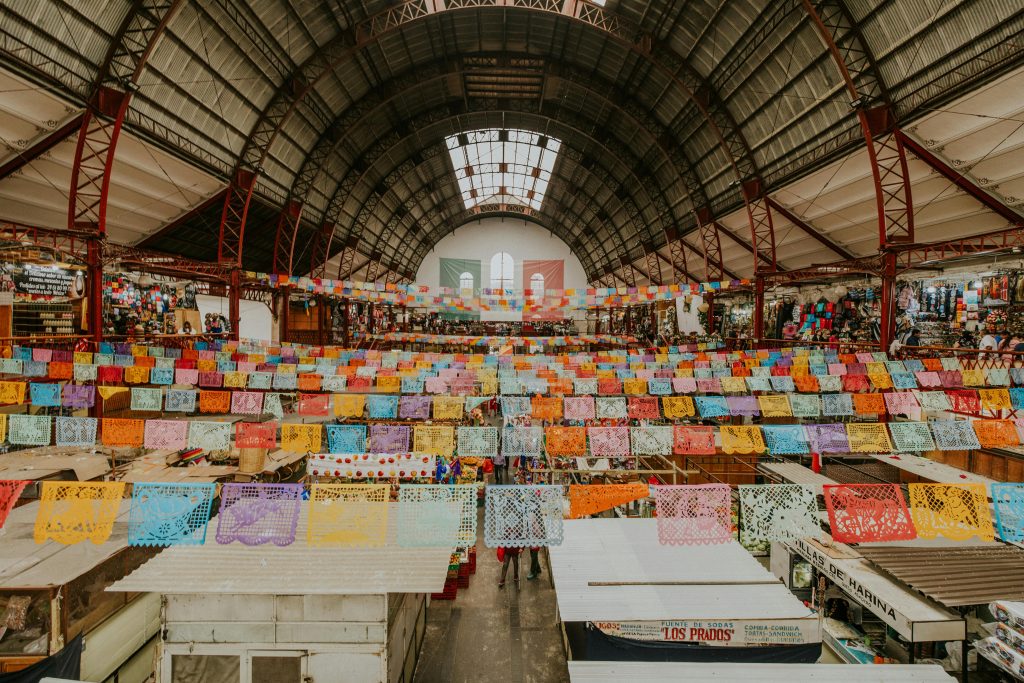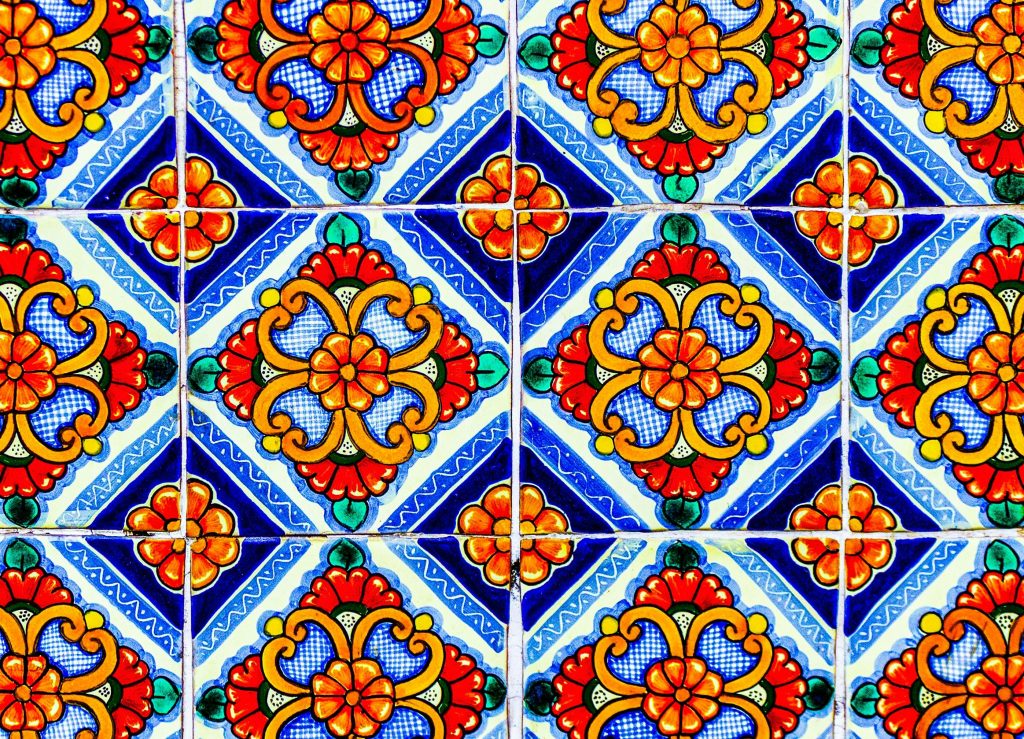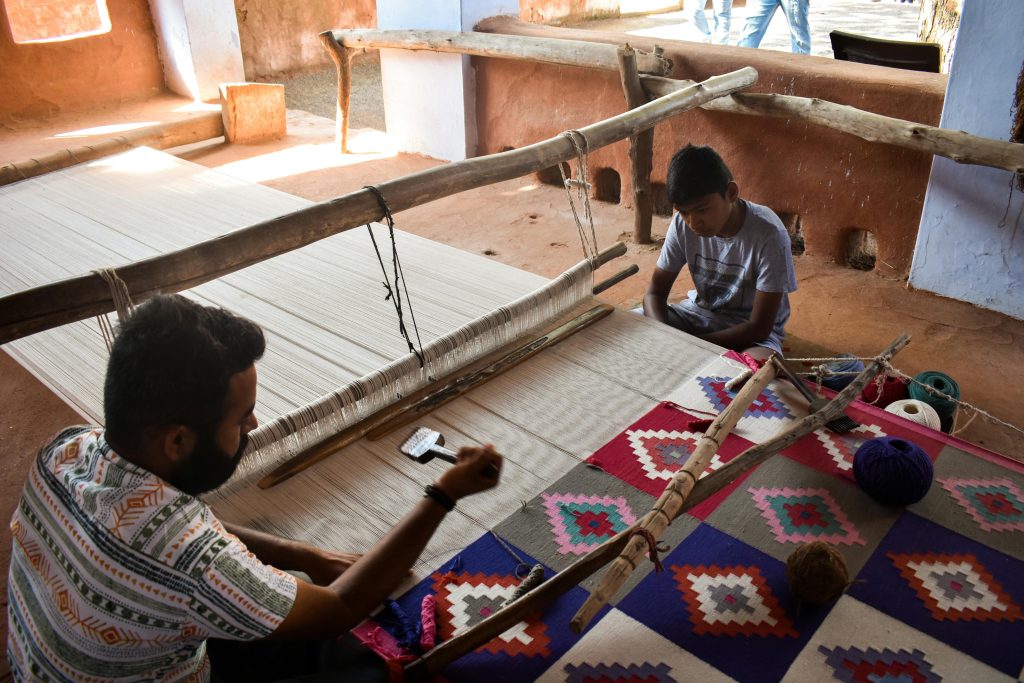
Japanese Sashiko (刺し子) – The Art of Mending
Origin: Japan (Edo period)
Materials: Indigo-dyed fabric, white cotton thread, sashiko needle.
Sashiko, meaning “little stabs,” began as a frugal way to reinforce worn-out clothing. Today, it’s celebrated for its striking geometric patterns.
Key Features:
- Running stitches in repetitive, symbolic designs (like waves or interlocking circles).
- Traditionally done on indigo fabric for contrast.
How to Try It:
- Use thick cotton thread and a long needle.
- Draw a grid pattern on fabric and stitch along the lines.
Modern Twist: Embellish denim jackets or tote bags with sashiko-inspired embroidery.
.
Indian Block Printing
Origin: Rajasthan and Gujarat, India (12th century)
Materials: Hand-carved wooden blocks, natural dyes, cotton/linen fabric.
Indian artisans use teak wood blocks to stamp intricate patterns onto fabric, creating vibrant textiles.
Key Features:
Each block is carved with motifs like paisleys, florals, or animals.
Natural dyes (indigo, turmeric, pomegranate) create earthy colors.
How to Try It:
Press an inked block firmly onto fabric.
Repeat in a grid pattern for a seamless look.
Modern Twist: Print DIY table runners or cushion covers.
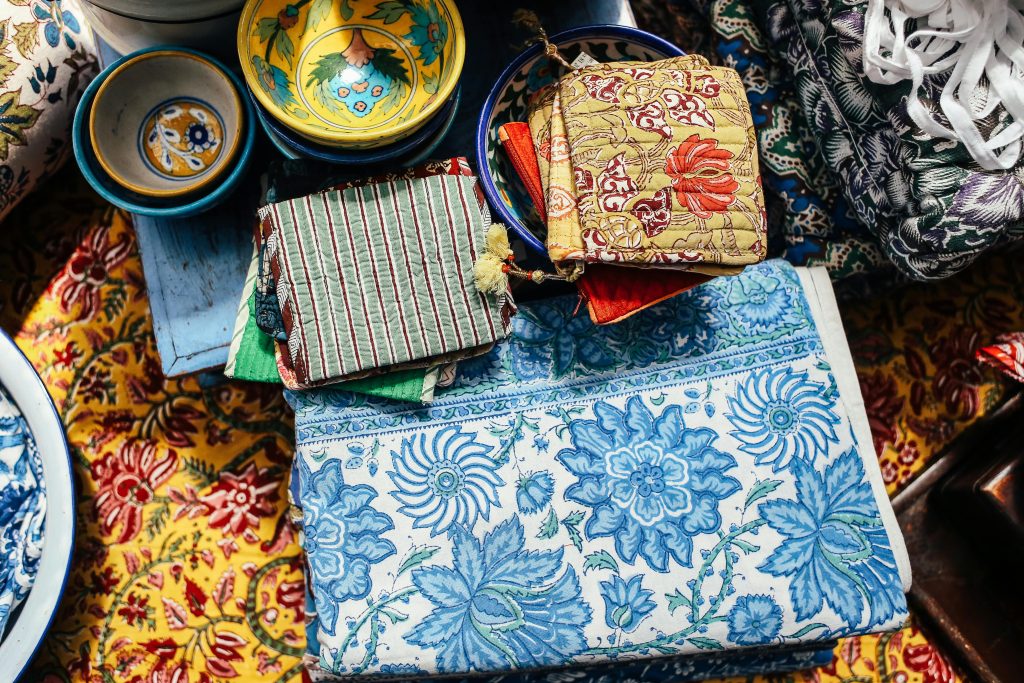
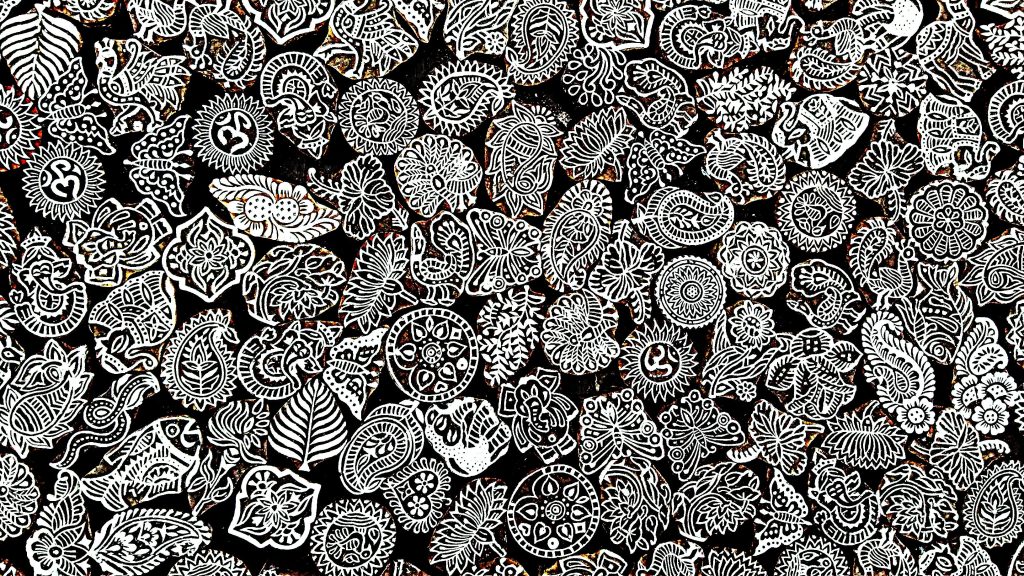
. Mexican Papel Picado (Perforated Paper)
Origin: Mexico (Pre-Columbian era)
Materials: Tissue paper, chisels, scissors.
Used in festivals like Día de los Muertos, these delicate paper banners symbolize the fragility of life.
Key Features:
Intricate cut-out designs (skeletons, flowers, religious icons).
Strung together for colorful outdoor displays.
How to Try It:
Fold tissue paper and cut shapes with small scissors.
Unfold to reveal a symmetrical design.
Modern Twist: Create papel picado garlands for parties.
Moroccan Zellige (Mosaic Tilework)
Origin: Morocco (10th century)
Materials: Hand-cut tiles, plaster, geometric templates.
Zellige adorns mosques and palaces with mesmerizing geometric patterns, reflecting Islamic art’s avoidance of figurative imagery.
Key Features:
Precision-cut tiles fitted like a puzzle.
Vibrant glazed colors (turquoise, emerald, saffron).
How to Try It:
Use pre-cut ceramic tiles for a simplified version.
Arrange a geometric pattern on a wooden board.
Modern Twist: Make a mosaic coaster or wall art.
